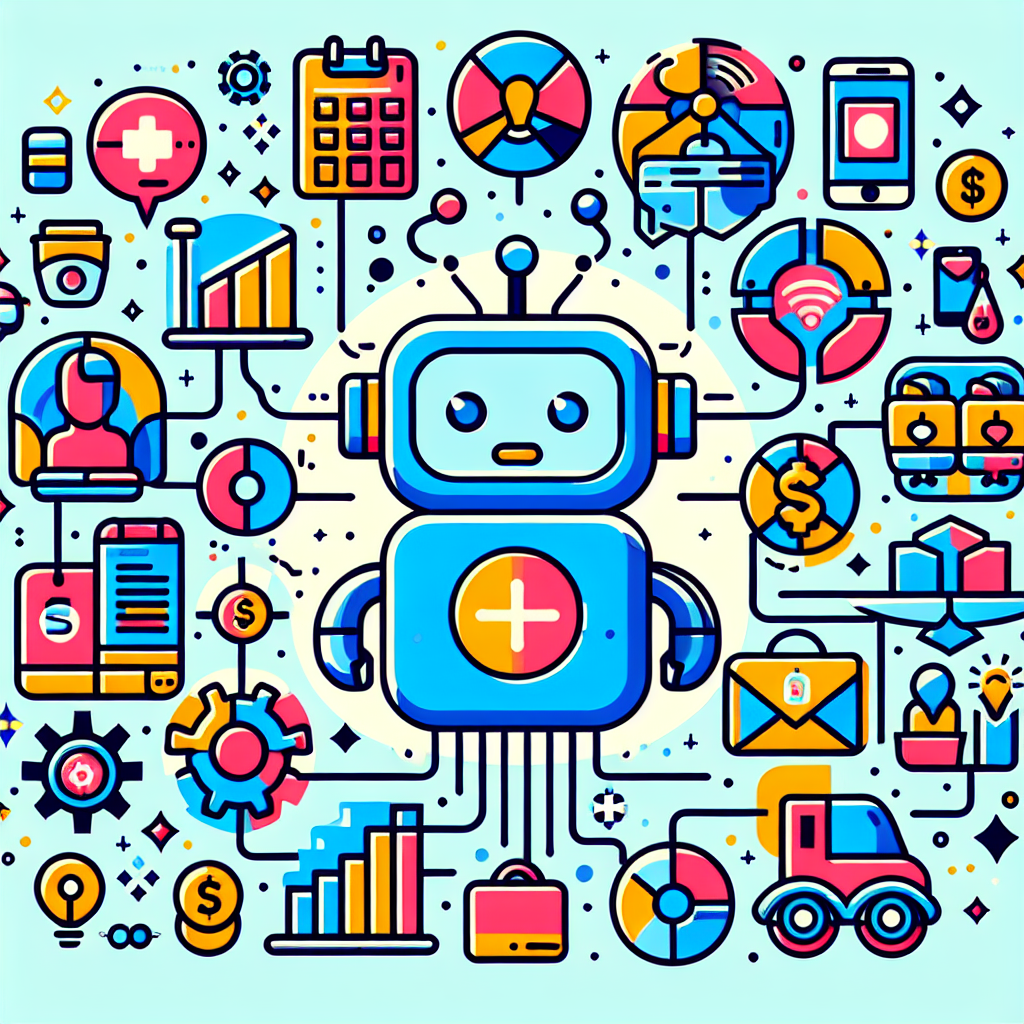
Personalizing Chatbots for Diverse Industries: A Tailored Approach
In today’s fast-paced digital world, the rise of artificial intelligence (AI) and automation opens up exciting opportunities for businesses of all shapes and sizes. Specifically, chatbots have emerged as a valuable tool for enhancing customer engagement, improving response times, and creating a personalized user journey. But how can you ensure that your chatbot effectively caters to the unique needs of different industries? Let’s delve into the art of personalizing chatbots for various sectors, ensuring they resonate well with their audience.
Understanding the Power of Personalization
Imagine walking into a coffee shop where the barista knows exactly how you like your latte. That personalized touch not only warms your heart but also keeps you coming back for more. Similarly, when chatbots can provide tailored responses and services, it transforms the user experience dramatically. Personalization is not just a buzzword; it’s a necessity. It’s the fine line between a satisfied customer and a lost opportunity.
In the realm of AI for small businesses, personalization can play a crucial role in enhancing customer loyalty and engagement. By harnessing data analytics and machine learning, businesses can create chatbots that adapt their conversation style, tone, and information delivered based on user interactions. Think of it as having a conversation with a good friend – they know your interests and preferences, making the chat much more enjoyable!
Sector-Specific Customization
Now, let’s talk about how chatbot personalization can vary widely among different industries. The beauty of AI automation is its adaptability. Here are a few examples:
Chatbots in Healthcare
In the healthcare sector, chatbots can serve a tremendous purpose by offering personalized medical information, appointment scheduling, and even medication reminders. These chatbots can analyze patient interactions to tailor their responses, ensuring patients receive relevant information based on their medical history or current inquiries. For instance, a chatbot might ask follow-up questions if a user indicates they have diabetes, providing specific resources or advice.
Chatbots in E-commerce
Without a doubt, e-commerce stands out as one of the sectors that benefit significantly from personalized chatbots. Imagine browsing an online store, and a chatbot pops up, suggesting products based on your past purchases or even seasonal trends. With AI for small businesses, e-commerce platforms can incorporate chatbots that not only make recommendations but also help customers find products quickly, answer queries, and provide real-time support during the checkout process.
Chatbots in Finance
When it comes to finance, trust is paramount. A well-structured chatbot can guide users through complex processes, like loan applications or account inquiries, while ensuring privacy and security. Personalizing these interactions means addressing customers by name, recognizing their account history, and offering tailored financial advice based on their profile. Such personalized service can make all the difference in fostering long-term client relationships.
Chatbots in Education
Education chatbots can significantly enhance the learning experience by providing students with personalized learning resources and assistance. By analyzing the students’ performance and preferences, these bots can offer study tips, link to helpful articles, or even recommend courses suited to their learning styles. Just like a helpful tutor, a well-personalized chatbot can motivate students to succeed.
Creating an Engaging User Experience
Now that we’ve explored how chatbots can cater to specific sectors, let’s talk more about crafting those engaging interactions. It’s all about the tone and style. Use a friendly and approachable voice just like you would in any casual conversation. After all, you want your users to feel comfortable communicating with your chatbot. Include questions that prompt further engagement: “What else can I assist you with today?” This not only keeps the conversation flowing but also ensures that users don’t leave with unanswered queries.
Utilizing Data for Enhanced Personalization
Personalization wouldn’t be possible without data. And while this might sound daunting, think of it as the engine that drives your chatbot’s ability to provide tailored responses. By collecting and analyzing user interactions, chatbots can evolve continuously. For instance, if a user frequently asks about specific discounts or product lines, the chatbot can be programmed to highlight those offers proactively in future interactions.
Data privacy is essential, though. Users should always be informed about how their data is being used and have the option to opt out if they choose. Transparency is key to building trust and ensuring a positive experience.
Conclusion: The Future Awaits
As we’ve explored, personalizing chatbots for diverse industries requires understanding the unique needs of each sector, leveraging data responsibly, and engaging customers with a warm and friendly touch. The potential of AI automation in tailoring conversations is immense, allowing businesses to forge deeper connections with their audience.
If you want to embark on this journey of personalization, consider embracing innovative solutions from experts in the field. For instance, Cloudelo’s AI-driven services can help your small business harness the full power of chatbots to enhance customer experience and drive growth.
Kliknutím na cloudelo.eu navštívite webovú stránku.
